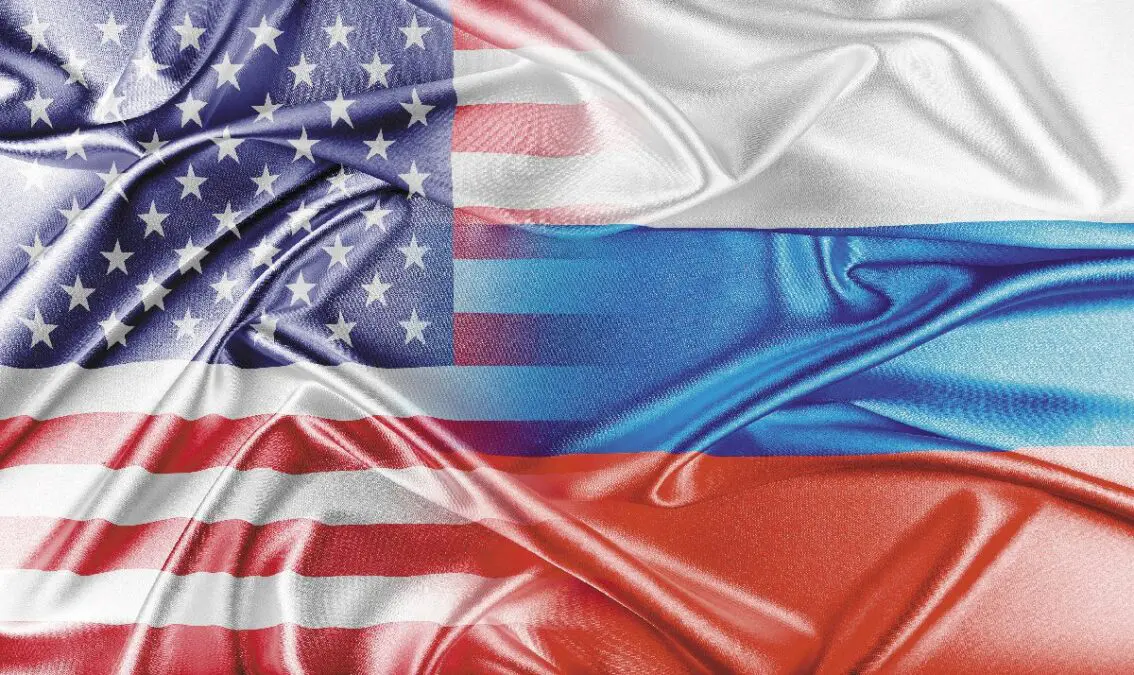Last December, at the time of a serious resurgence of tensions between Russia and the United States, the founder of the French think tank Geopragma, Caroline Galactéros, published an appeal at the European level which indicated the possible conditions for a lasting pacification of relations between the USA, NATO and Russia. Since then, tensions between the parties have continued to rise, mainly around Ukrainian issues, but also in the Middle East.
A few days later, the major part of the conditions outlined in this appeal were on the negotiation tables, in Geneva and Brussels.
The first results of these talks were negative, both bilaterally in the USA and in NATO and the OSCE. Europe, for its part, kept out of the negotiations, could only make do with additional posturing, which found its quintessence in the joint Borrell – Le Drian press conference, a sad echo of all that had been said previously by the direct participants in the negotiations.
Once again, Europe, now presided over by Emmanuel Macron, is being treated as a mere vassal, and it seems to be resolutely indulging in this treatment, a victim of its structural strategic inadequacies. Emmanuel Macron, who was recently challenged by the United States in the Australian submarine affair (a contract worth tens of billions was cancelled), is therefore faced with the challenge of organizing a geopolitical Europe.
Europe has only what it deserves: its lack of credibility and independence with regard to the “empires”, whatever they may be, deprives it of a strategic role in the world.
Yet it is in this credibility and independence that the solution lies to represent a real added value at the negotiation tables, which aim to define and manage the challenges of our world.
Let us briefly review the background to these issues. As a thoughtful provocation, would Putin be the Kennedy of the 21st century, capable of saying no to an advance, to the presence on his borders of troops considered to be enemies, as was the case in the Cuban crisis at the height of the Cold War? The answer is no, both because the rapprochement between the two personalities would shock many, and because we forget what the American president and Nikita Khrushchev embodied at the time: the antagonism, the permanent confrontation of two visions of the world, two visions that both the USA and the USSR wanted to export and impose, within perimeters defined and circumscribed by political, military, industrial, social, cultural and religious walls…
However, the USSR has been dead for 30 years now, despite the fact that some Russians and the West found it a very “comfortable” enemy. Russia is not a remake of the USSR, nostalgia does not make history, the one that has yet to be written. Russia does not seek, like the USSR, to export and to constrain, but to be a full part of a world in search of new balances, where no one should impose himself.
This is why the failure of this first round of negotiations is not surprising. There is, within ourselves, a real cultural and mental revolution to be undertaken, to abandon what is still similar to Hollywood and Manichean constructions inspired by Yan Flemming, John Le Carré, or Gérard de Villiers; intellectual scaffolding aiming to legitimize a fictitious reality, that of a world that must play ad vitam aeternam the prolongations of a supposedly founded confrontation.
A dangerous game for the security of Europe and beyond, for that of the world.
It is often said that NATO’s vocation was to counter the Warsaw Pact and that the disappearance of the latter should have led to the disappearance of the Alliance, or at least, logically, to a redefinition of its ambitions and its logic. This was not the case. On the contrary. NATO’s mental and operational algorithms have remained based and calculated on models that project Russia as having the worst intentions, which were those of the USSR: internationalist ambitions of offensive export and imposition of a Marxist socio-cultural, economic and political model, which has in fact totally disappeared in the Russia of the XXI century. We have changed century, but unfortunately not our way of thinking about the world.
However, today’s Russia resembles us more than ever. Seen from China or Central Asia, it is a resolutely European power. Personally, I even think that it tries too hard to copy us, because its identities, its specificities, its economy, its social life, its traditions, its cultures and its reflexes should be analyzed in a logic of praise of differences rather than inspire a logic of confrontation. This analytical pavlovism is anachronistic and regrettable. It prevents us from being able to think about reality and its possibilities.
Let us not transform regional questions into global issues. These are not, these are no longer two visions of the world that are confronting each other. It is not Nazism against the free world, it is not Marxism against the free world. World peace can no longer be held hostage by regional interests. The 21st century must push us to admit the existence of a polycentric world that must be stabilized, a world in which globalization does not rhyme with uniformity but where it maintains the richness of differences in the service of new geopolitical harmonies.







